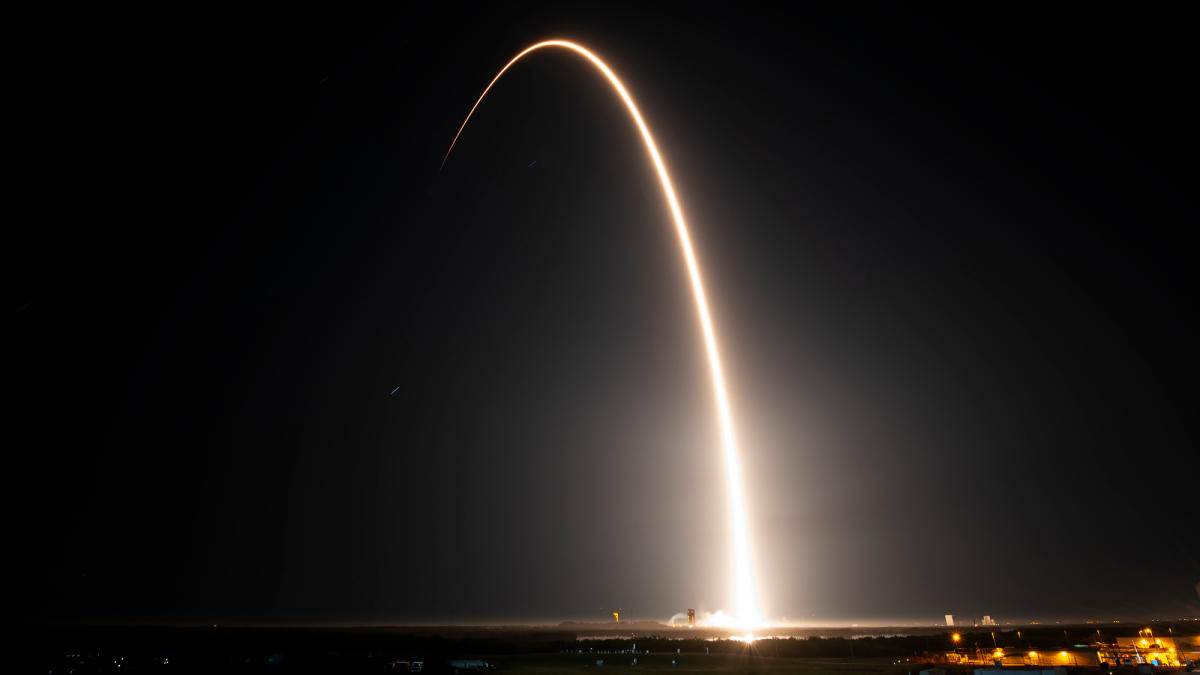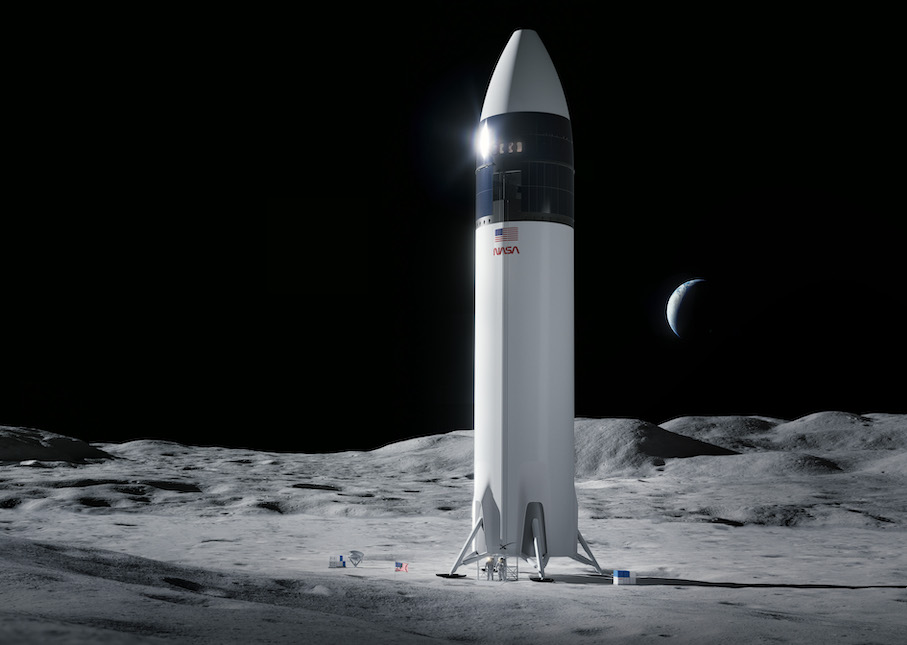SpaceX is poised to break its rocket-reuse record yet again.
A Falcon 9 rocket is scheduled to launch 23 of SpaceX’s Starlink internet satellites to orbit from Florida’s Cape Canaveral Space Force Station tonight (Dec. 22) during a four-hour window that opens at 11:00 p.m. EST (0400 GMT on Dec. 23).
It will be the 19th liftoff for this particular Falcon 9 first stage, according to a SpaceX mission description, setting a new reusability mark for the company.
You can watch the action live via SpaceX‘s account on X (formerly known as Twitter). Coverage will begin about five minutes before the launch window opens.
Related: Starlink satellite train: How to see and track it in the night sky
If all goes according to plan, the Falcon 9’s first stage will come back to Earth tonight for the 19th time. It will land about 8.5 minutes after launch on the drone ship Just Read the Instructions, which will be stationed in the Atlantic Ocean off the Florida coast.
The Falcon 9’s upper stage, meanwhile, will continue hauling the 23 Starlink satellites to low Earth orbit (LEO). The spacecraft will be deployed there about 65.5 minutes after liftoff.
RELATED STORIES:
— SpaceX rocket launches Starlink satellites on record-breaking 17th flight (video)
— 8 ways that SpaceX has transformed spaceflight
SpaceX founder and CEO Elon Musk wants to help humanity colonize Mars and achieve a variety of other ambitious exploration feats. Rocket reusability is a key part of this vision, helping to cut the cost of spaceflight and increase its cadence.
So SpaceX’s reuse records don’t tend to last long. The previous mark — 18 flights for a Falcon 9 booster — was set just last month.
SpaceX has launched more than 90 orbital missions so far in 2023. Most of them have been dedicated to building out its Starlink broadband megaconstellation, which currently consists of nearly 5,200 operational satellites.

Daisy Hips is a science communicator who brings the wonders of the natural world to readers. Her articles explore breakthroughs in various scientific disciplines, from space exploration to environmental conservation. Daisy is also an advocate for science education and enjoys stargazing in her spare time.







